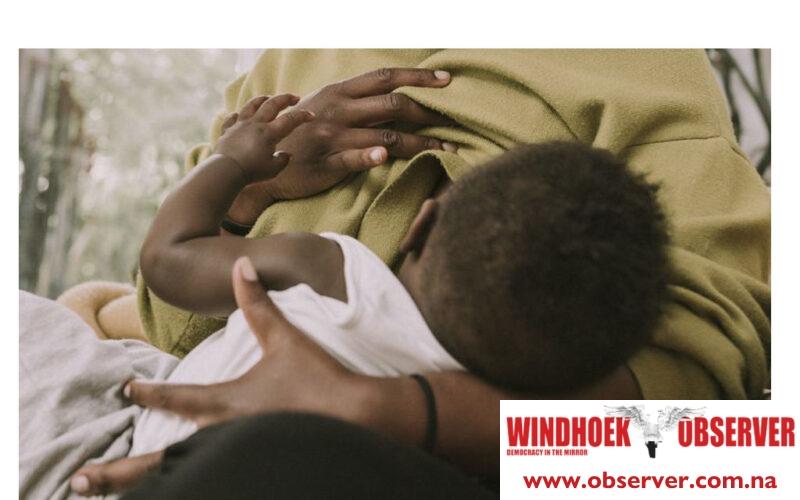Erasmus Shalihaxwe
The deputy minister of labour, industrial relations, and employment creation, Hafeni Ndemula, has presented a proposal to adopt and implement the International Labour Organisation (ILO) law to allow breastfeeding women to have a daily break or reduction of hours.
During the presentation in parliament on Wednesday, Ndemula emphasised the ratification of ILO Convention No. 183 of 2000 on maternity protection.
He said the proposal will enable women to continue breastfeeding upon return to work after maternity leave, which is in the best health interests of mother and child and is also in line with the World Health Organisation’s policy of exclusive breastfeeding until the age of 6 months.
“The daily breastfeeding breaks or reduction of working hours shall be counted as working time and remunerated accordingly,” he said.
Ndemula said that the Social Security Commission (SSC) carried out an actuarial evaluation on the extension of maternity leave from 12 to 14 weeks in 2016 in preparation for the convention’s ratification.
Upon considering the actuarial evaluation report, SSC recommended to the minister responsible for labour, on 16 May 2018, the extension of maternity leave from 12 to 14 weeks and to amend both the Labour Act and the Social Security Act accordingly.
“The tripartite Task Force responsible for the amendment of the Labour Act has agreed to extend maternity leave to 14 weeks and to create a right for breastfeeding breaks. The task force further recommended that the manner in which the breastfeeding break should be managed must be determined by regulation. The labour amendment bill will be submitted to this August House during the 2nd quarter of this financial year,” informed Ndemula.
He added that the convention provides for a cash benefit of not less than two-thirds of the woman’s previous or insured earnings in accordance with national law and practice.
The Labour Act provides for the continuation of the payment of remuneration, excluding basic pay, to female employees while on maternity leave.
“The basic pay, up to a ceiling, is paid under the maternity, sick and death benefit fund administered by the Social Security Commission. Once the convention is ratified, the current ceiling of maternity benefits must be revisited to conform with the two-thirds earnings requirement,” he stated.




